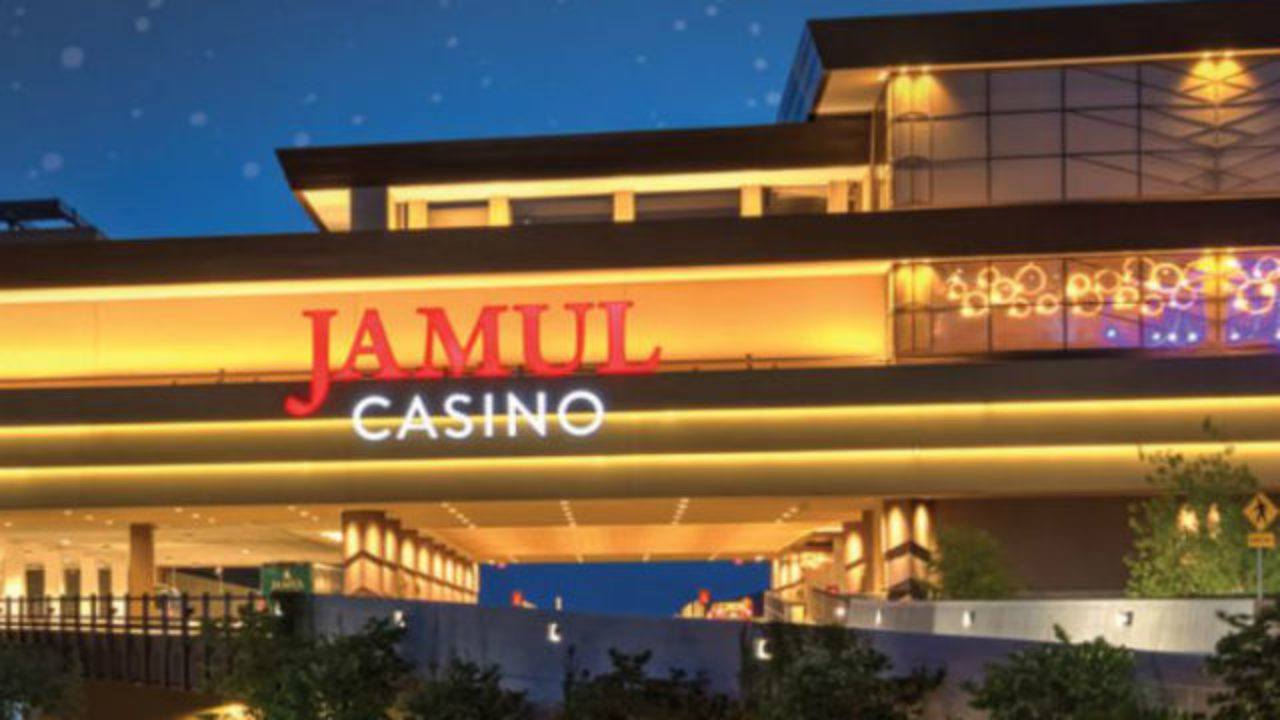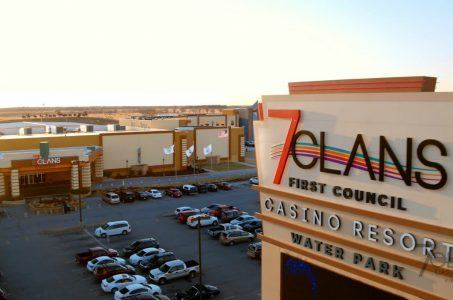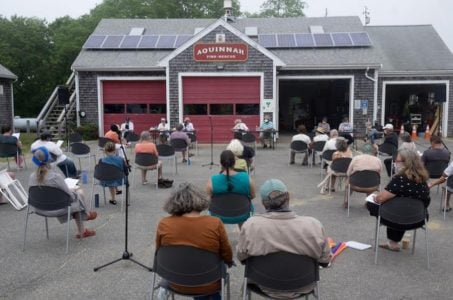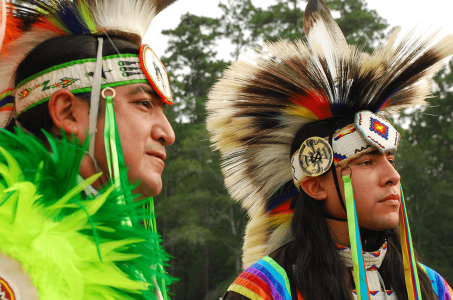Ninth Circuit Tosses Case Against ‘Half-Blood Indian’ Jamul Casino
Posted on: September 13, 2020, 04:42h.
Last updated on: September 13, 2020, 02:05h.
A panel of federal appellate judges has tossed a lawsuit that challenged the sovereignty of the Jamul Indian Village (JIV), operator of the Jamul Casino, near San Diego.

The complaint, which refers repeatedly to the tribe as a “half-blood Indian community,” was brought by a local-residents’ group calling itself the Jamul Action Committee back in 2014. Its primary aim was to derail the planned casino on the grounds that the JIV was “not a historic tribe with inherent sovereign authority,” and that its lands were “not a reservation.”
But the casino opened in 2016 with the help of Penn National Gaming as the Hollywood Casino Jamul, before going alone and adopting the name change. A year later, the district court rejected JAC’s lawsuit.
In upholding that decision this week, the US Court of Appeals for the Ninth Circuit noted local residents had barraged the tribe with lawsuits for years. They said they hoped their ruling would put an end to the endless litigation.
Claim Without Basis
The Jamul Indian Village is a small group of Kumeyaay Indians who have lived on a two-acre plot of land in Rancho Jamul since at least 1912. In 1981, the Interior Department approved the Village’s constitution, and the Village has appeared on the BIA’s published list of federally recognized Indian tribes ever since.
The plaintiffs argued that the Village is only a community of adult Indians, not a historic tribe with inherent sovereign authority, and as such, it should not be allowed to use its land for gaming under the Indian Gaming Regulatory Act. It’s an argument that has been repeated in numerous unsuccessful lawsuits over the past 30 years.
No tribunal has accepted this argument,” wrote the panel. “But that has not deterred litigants, including JAC and other members of the plaintiff organizations, from pressing similar claims in myriad actions before administrative agencies, state courts, and federal courts around the country since the early 1990s. In an opinion that we hope will finally put an end to these claims, we hold as follows.
“The distinction JAC urges between historic tribes and other tribal entities organized under the IRA is without basis in federal law. Jamul Indian Village is a federally recognized Indian tribe with the same privileges and immunities, including tribal sovereign … immunity, that other federally recognized Indian tribes possess. The Village’s tribal sovereign immunity extends to its officers in this case.”
Legal Harassment
As far back as 2011, a judge complained that the residents group had a “history of repeating the same claims across multiple suits and venues, and their pattern, in these proceedings, of non-responsive filings, of repeated noncompliance with the rules of this court, of poor citation practices, and of wholesale copying of previous filings in other venues that were dismissed with prejudice.”
In 2018, Casino.org reported that local residents were still displaying anti-casino placards more than a year after the property had opened.
Related News Articles
Most Popular
FTC: Casino Resort Fees Must Be Included in Upfront Hotel Rates
Genovese Capo Sentenced for Illegal Gambling on Long Island
NBA Referees Expose Sports Betting Abuse Following Steve Kerr Meltdown
UPDATE: Former Resorts World & MGM Grand Prez Loses Gaming License
Most Commented
-
UPDATE: Whiskey Pete’s Casino Near Las Vegas Closes
— December 20, 2024 — 31 Comments -
Caesars Virginia in Danville Now Accepting Hotel Room Reservations
— November 27, 2024 — 9 Comments -
UPDATE: Former Resorts World & MGM Grand Prez Loses Gaming License
— December 19, 2024 — 8 Comments -
FTC: Casino Resort Fees Must Be Included in Upfront Hotel Rates
— December 17, 2024 — 7 Comments
















Last Comment ( 1 )
NO CASINO IN JAMUL